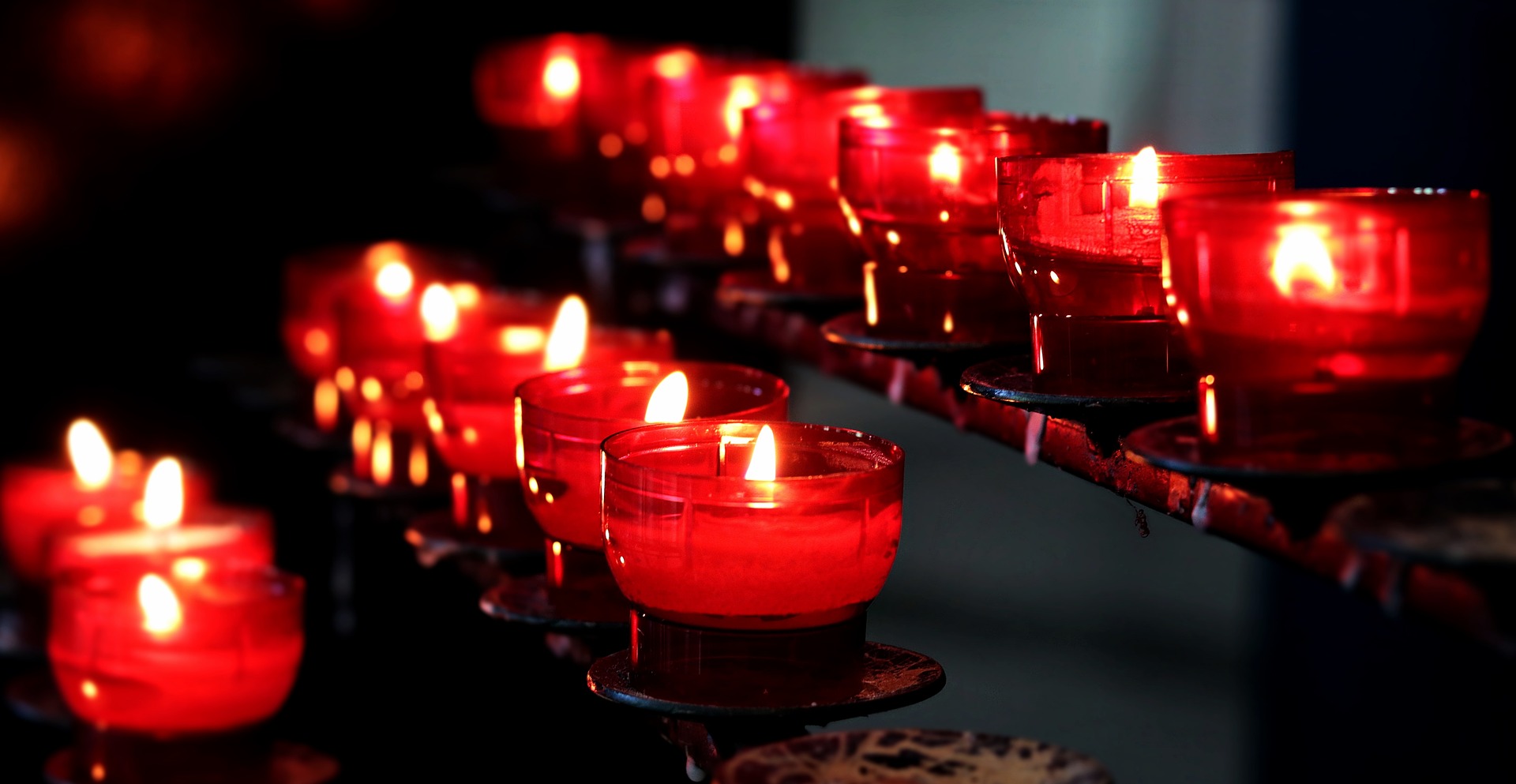Buß- und Bettag in Germany falls on the Wednesday before Totensonntag (Sunday of the Dead) or to make it easier, the Wednesday before November 23rd.
Buß- und Bettag is the Day of Prayer and Repentance. It used to be a public holiday but since 1995 it isn’t any longer, except in Saxony. The children in Bavaria don’t have school that day, in Berlin the kids can decide if they want to go to school or not, and employees in all states can take the day off, however they will forfeit their pay if they choose to do so.
When I was in school in the 80s we were off on that day and since Bettag has the word Bett (bed) in it, we’d joke that we’d stay in bed all day. It was pretty hilarious. We really had no idea what the day was for or where it came from.
What is Buß- und Bettag?
One more reason to find out now why there is a special day for repenting and praying and why it falls on a Wednesday.
A Buß- und Bettag is actually not a Christian tradition but dates back to the Roman Republic and Empire before Christianity was declared the official religion in the 4th century.
During hard times and distress, the government urged people to repent for their sins, to pray and to fast to propitiate the gods. This custom was adopted by the Christian church, and either the government or the church could announce a day of repentance and prayer.
Short history
When the Ottoman Empire started invading Europe in the 16th century the Lutheran church held an official and first Buß- und Bettag in 1532 in Straßburg. The number of these penance days increased over the years because many parishes through Europe announced them. In the many different German states in the 19th century, there were 47 different Buß- und Bettage.
Finally in 1852 and again in 1878, it was proposed that the Wednesday before the Ewigkeits- or Totensonntag (the last Sunday of the liturgical year and the Sunday to commemorate the dead) was to be the Buß- und Bettag. However, it took until 1934 before all federal states and congregations agreed on it.
The day was moved to a Sunday during World War II, and in 1950 the Protestant Church reinstated the Buß- und Bettag on the last Wednesday before November 23rd, though it wasn’t an official holiday. The Wednesday turned into a public holiday in 1981 in West Germany, but lost its status again in 1995 to help finance the nursing care insurance; in all states except for Saxony.
The Buß- und Bettag might not be a public holiday but it still is a church holiday and many congregations celebrate it in the evening with Holy Communion. The liturgical color is violet for penance and prayer.
Special Food in Kulmbach
In the restaurant Hagleite in Kulmbach, Upper Franconia, on Good Friday, Day of Repentance and Prayer (Buß- und Bettag) and Ash Wednesday, Stockfish á la Altkulmbacher is being offered. The cod is cut into small pieces and then fried with onion and roasted bread pieces. Mushy peas are served separately as a side dish.




